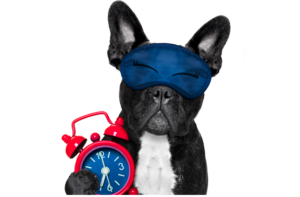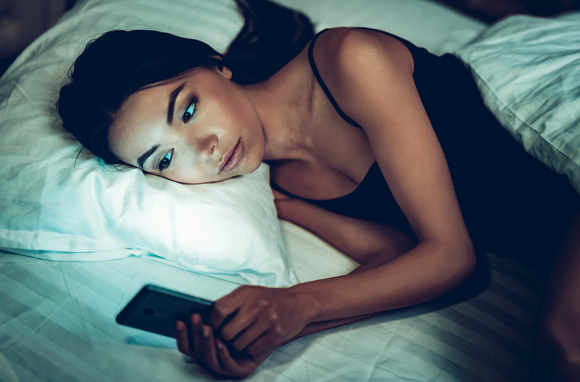Chances are…you’re not getting enough sleep
According to a new study from the Centers for Disease Control and Prevention, more than a third of American adults do not get enough sleep. To make it worse, among the adults who are getting enough sleep on most nights, 35 percent report their sleep quality as “only fair” to “poor.” And 20 percent of Americans report they don’t wake up feeling refreshed on any of the past seven days.
These statistics lead experts to warn that America’s lack of sleep is a public health crisis.
Daniel Buysse, a professor of sleep medicine at the University of Pittsburgh, sums it up this way—
“It used to be popular for people to say, ‘I’ll sleep when I’m dead.’ The ironic thing is, not sleeping enough may get you there sooner.”
Why sleep is so important
Sleep is an important factor in overall health and well-being.
Studies show that getting adequate sleep improves your health, strengthens your immune system, improves your mood, and boosts your productivity. It helps control your weight, improves concentration during the day, and maximizes athletic performance. These are a lot of good reasons to go to bed on time!
How much sleep do you really need?

The American Academy of Sleep Medicine and the Sleep Research Society both recommend that adults sleep at least seven hours each night. A little more is even better, but seven hours is the minimum for good health.
The dangers of not getting enough sleep
According to the Centers for Disease Control and Prevention, less than seven hours of sleep per night increases the risk of developing chronic conditions such as obesity, diabetes, high blood pressure, heart disease, stroke, depression, and frequent mental distress.
Strategies for better sleep
Sleep experts have evidence that shows the following strategies are helpful for getting the sleep you need. Try them and see which ones work best for you.
- Exercise regularly
Let’s start with our favorite tip! This one is well-supported by scientific studies. Years of scientific research has proven that exercise helps all aspects of sleep. It reduces the time it takes to fall asleep, improves sleep patterns, increases total sleep time, and helps insomnia patients even more than taking drugs.
At Jesse James Fit and Outlaw FitCamp, we’ve got group fitness classes or personal training that will fit into your daily schedule and help you sleep better at night.
- Get exposure to bright light during the day
Bright light during the day helps keep your circadian rhythm healthy. Exposure to plenty of daytime light not only improves daytime energy, but nighttime sleep quality as well.
- It’s important to sleep and wake at consistent times
Being consistent with your bedtime and waking time keeps your circadian rhythm regular.
- Don’t consume caffeine late in the day
Caffeine stimulates your nervous system and inhibits your body from relaxing. Caffeine can stay elevated in your system for six to eight hours. So, count back from your bedtime and stay away from caffeine after that time.
- Don’t take long naps
Short naps are beneficial, but make sure not to nap too long during the day.
- Limit alcohol
Alcohol limits your natural melatonin production and can lead to disrupted sleep.
- Set up a dark and quiet sleep environment
Limit the light and noise as much as possible in your bedroom.
- Relax for awhile before bedtime
Relaxing before it’s time to go to sleep helps you fall asleep more quickly. What relaxes you will be different for everyone, but try the following: listen to relaxing music, read a book, take a hot bath, meditate, or practice deep breathing.
- Reduce screen exposure in the evening
Exposure to the blue light from screens tricks your brain into thinking it’s still daytime and reduces hormones like melatonin, which helps you get to sleep. There are glasses that block blue light, or some devices (like Kindles) are made without the normal blue light.
- Try a melatonin supplement
Melatonin is a sleep hormone and available in supplements. Many people report that it’s helpful on nights when they’re having trouble falling asleep.
- You need a good mattress and pillow
This tip is expensive, but a good mattress and pillow makes a huge difference in your sleep quality. If you’ve had yours for many years, it’s probably time to get a new one.
Sleep—it’s important!

Just a few decades ago, most people in the U.S. routinely slept eight hours every night. But over time, the amount of daily sleep has plummeted. According to a recent Gallup poll, Americans are now averaging just 6.8 hours of sleep each night.
While there are many causes for American’s lack of sleep, research from the National Sleep Foundation finds that a big one is that people just don’t consider sleep a priority. But it should be!
If you’re not getting enough sleep, try some of the tips listed above. It’s very important for your health and well-being. Sweet dreams!

